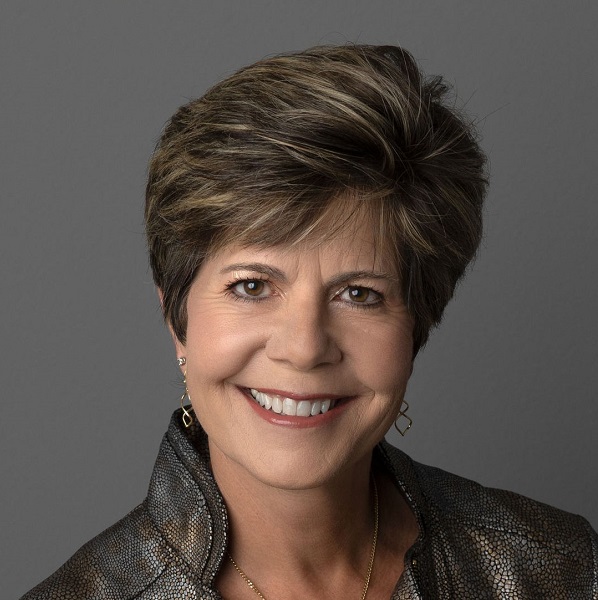It is hardly a new idea now that we are living in unprecedented times, in truly uncharted waters. The more rapidly the climate crisis and extreme weather events intensify, while Europe is on the brink of another war, the more perplexed we feel, and the more many of us regress into what a fellow blog writer described as narcissistic rage and defensiveness expressed in anti-vaxxing attitudes, COVID denial, nationalism, extremism, and outright fascism. Yet, this is not all that is happening.
Thoughtful people everywhere are looking for a new level of understanding and corresponding practices that can stabilize our experience of living in these unprecedented times and can chart a path forward. This new level of understanding is open-handed and open-hearted without being naive. It values and cultivates both inner quiet and peace that embraces life as it is, and the hard work of building new collective structures that can hold human communities as we struggle to transition out of selfishness and into global coherence.
With faith in established institutions and authorities practically nonexistent, I see quietly rising around the world communities of spiritual action. What distinguishes such communities from the more familiar church communities and other mass movements sweeping the planet? Familiar groupings typically define themselves through one particular cause which often sets them in opposition to other groups.
In contrast, communities of spiritual action undertake to heal the divisiveness so prevalent in our societies, which they understand is a central part of the disease ailing us. They seek to transcend differences and harmonize perspectives, not through facile answers, but through deep and patient consultative exploration of foundational spiritual principles that can serve as the ground for shared solutions. These communities exhibit a commitment to qualities and attitudes such as trustworthiness, cooperation, and forbearance. They champion rationality and science as essential to finding viable global solutions, as they equally champion the importance of solutions being aligned with universal spiritual principles. In other words, they seek what philosopher Ken Wilber and many others have called integral solutions – in which the value spheres of science, philosophy, spirituality, and art, dissociated by modernity, are once again integrated.
Communities of spiritual action view everyone as a potential partner to collaborate with. They strive to foster fellow feelings among groups who may traditionally have been hostile to one another. They are conscious of how the forces of materialism are at work around us, and their eyes are wide open to the many injustices that persist in the world, yet they are equally clear sighted about the creative power of unity and humanity’s capacity for altruism. They grasp the power of spiritual understanding of life and history to transform hearts and overcome distrust. They share their spiritual understanding with others, remaining respectful of the freedom of conscience of every soul and never imposing their own standards on anyone. They work to cultivate the conditions in which unprecedented consultative solutions to our global crisis can emerge. In some countries, local authorities and institutions have even turned to these communities for reliable and trustworthy solutions to specific challenges.
These emergent communities understand the society-building power of spiritual principles at this time of universally broken social contract. As they quietly take shape across different cultures, they are developing a shared evolutionary spiritual language that assists people in transcending inherited cultural prejudices and avoiding cynical and fault-finding attitudes. This emergent spiritual language of unity and coherence is transforming both people’s inner lives and their social environments.
To learn more about this global process, see my recent book, Global Unitive Healing, available from booksellers worldwide.
Elena Mustakova, author of Global Unitive Healing, brings a psychological, social, and historical evolutionary lens and points to spiritual principles and conscious practical steps that can transform collective despair into a path forward.








